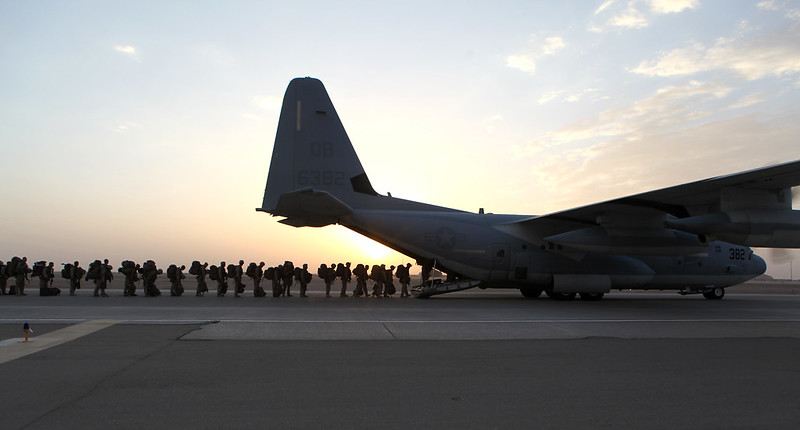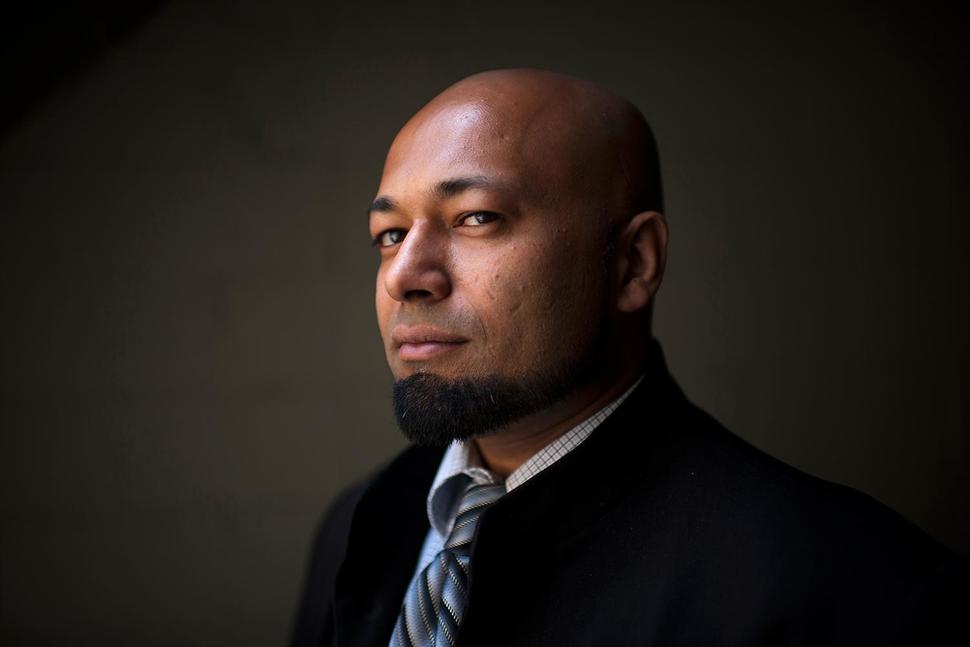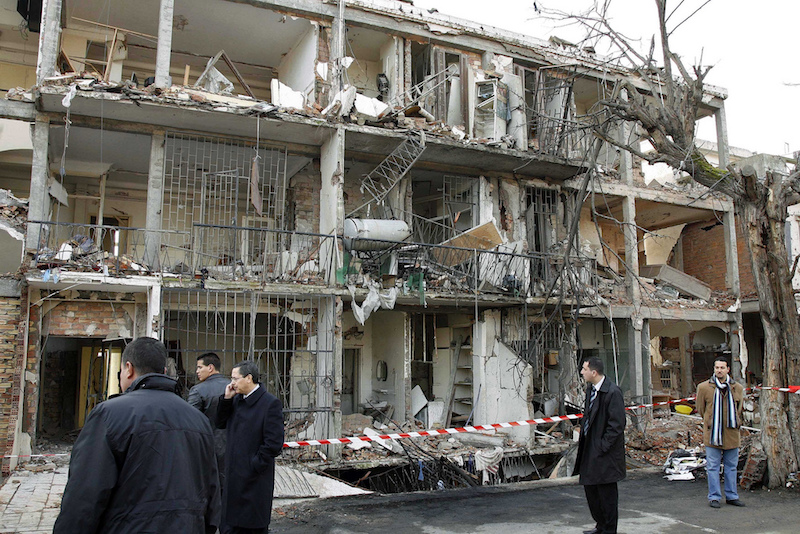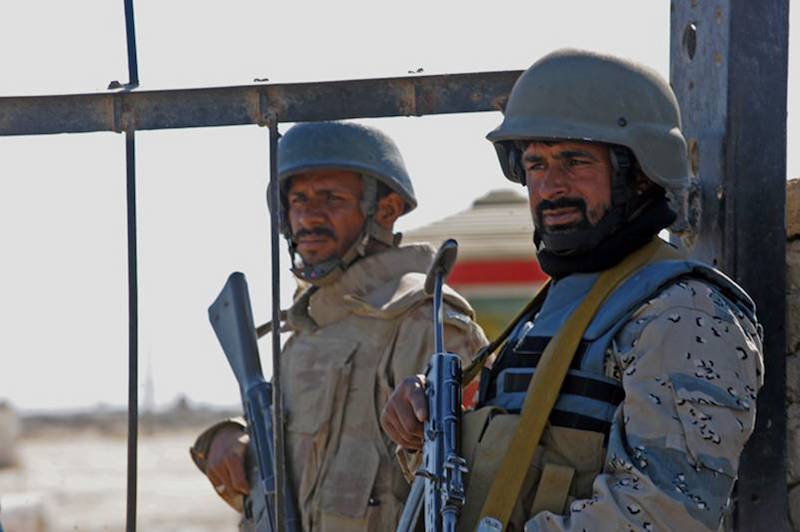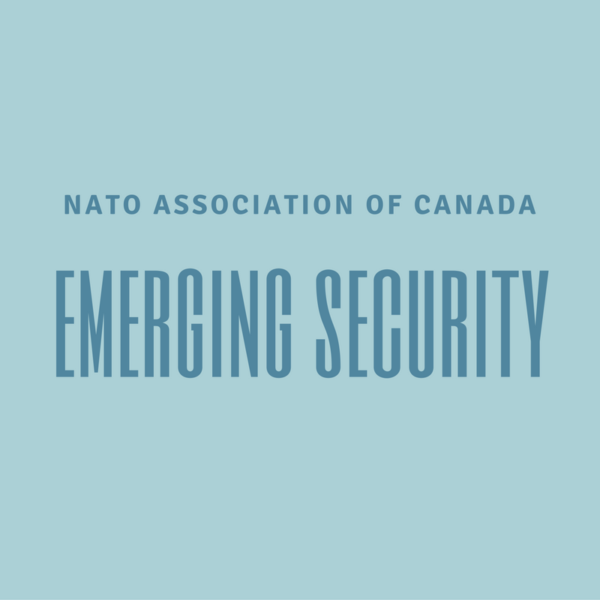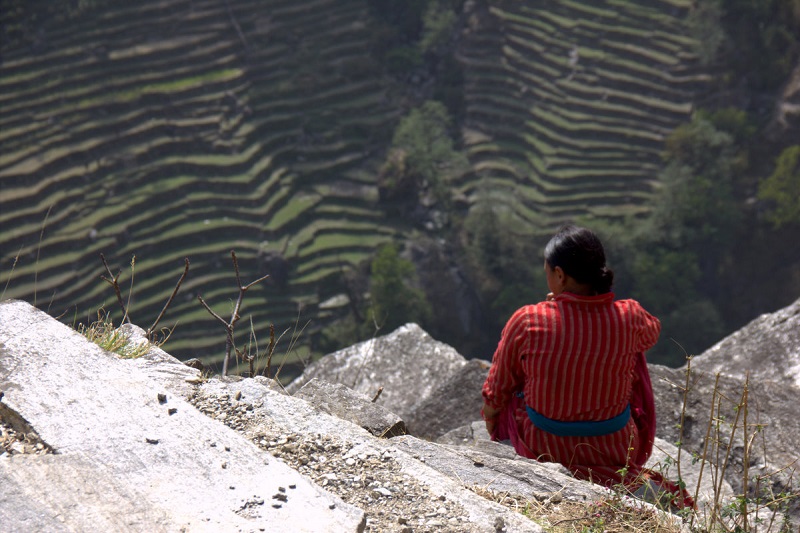Money laundering is rampant in Canada. The recent Cullen Report exposes the breadth and depth of money laundering in the country and offers potential policy solutions.
Tag: Counter-terrorism
The Importance of Biometric Data Sharing in Counter-Terrorism Capability Development
This article explores the NATO Automated Biometric Identification System and the importance of biometric data in preventing emerging threats.
The Islamic State Mounts a Resurgence Amid COVID-19
The Islamic State (IS) may not occupy as much contiguous territory as it once did, but that has not diminished its resolve to spread global terror. Emily Mullin examines how the jihadist group is exploiting COVID-19 to gain respite, and what this means for NATO operations in the Middle East.
The Road to Radicalization: An Interview with Former Undercover Operative Mubin Shaikh
In this interview with Julia Schaumer, Mubin Shaikh reflects on the various events in his life which led him to go from a path of radicalization onto one of complete transition to de-radicalization.
The Boiling Frog Myth: Sahel’s Worrying Trajectory?
Natalia Valencia examines the conditions continuing to make the growing presence of Al Qaeda in the Magreh (AQIM) in Africa’s Sahel region a worrying concern.
When Terrorism Begets Terrorism: Could Terrorists Benefit from Increasing Tensions between Afghanistan and Pakistan?
How has the recent spate of terror attacks in Afghanistan and Pakistan increased tensions between the two countries to the benefit of terrorists? Farah Bogani explores
The Versatility of Women in Terrorism-Riddled Regions
In this article, Mary David-Decker explores a few of the different roles women are able to occupy when exposed to the violence and loss caused by the persistent presence of terrorist activities in their communities.
The Facts on the Ground: Obama’s Dangerous Drone Program
From a campaign based on a rhetoric of reconciling America’s values and morals with its actions abroad comes the stark reality of an administration that, for the most part, greatly expanded the use of drones outside of war zones. Natalia Valencia highlights some of the issues surrounding President Obama’s rhetoric versus his pragmatic approach to counterterrorist policy, particularly its controversial drone program.
Emerging Security Infographic
Check out our emerging security infographic!
How to DIY an IR Degree, Part 5: Climate Change, Global Health, and Supplementary Courses
Benson Cheung revisits his series on the DIY international relations degree with a list of new courses and new thematic concentrations on climate change and global health.



